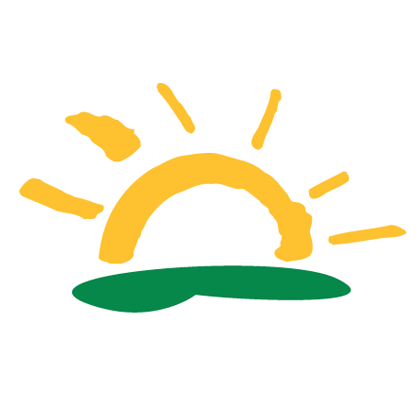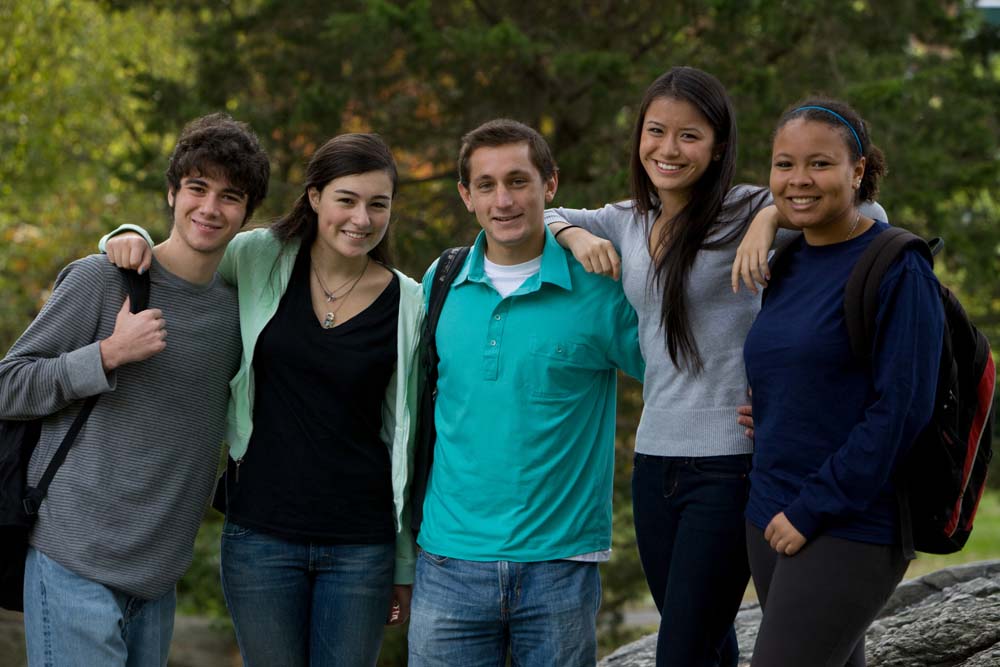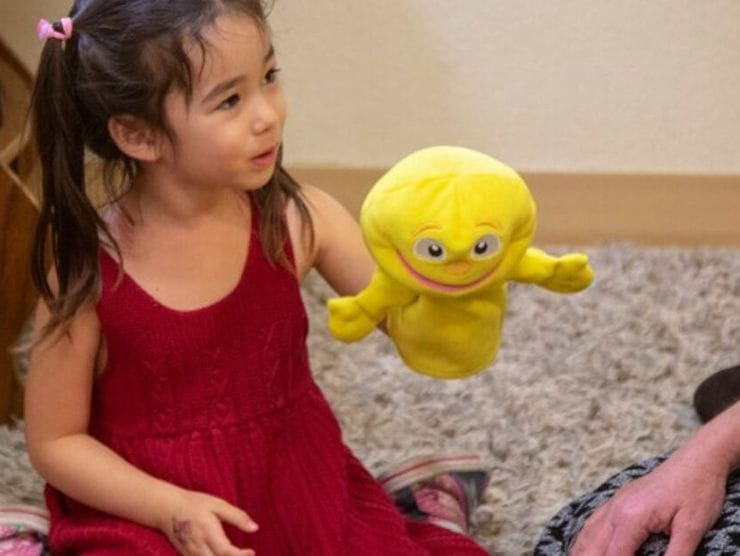Visit any toy store and you'll find brightly colored, noisy, "educational" toys for babies. Many of these products claim to make your baby smarter or even to teach your baby to read. So what's real and what's hype? Do these educational toys have value?
The truth is that babies develop predictably at their own pace and in their own time. During the first year of life, babies develop large muscle control. They learn to communicate, first through cries, babbling, and gestures, and later, through words. They develop a foundation of trust that will inform their relationships throughout their lives. And, they explore their world through their senses. Babies must achieve these developmental tasks before they're ready to move on to more academic learning, regardless of what the toy manufacturers say.
Keep these child developmental tasks in mind as you buy educational toys or children's books for your baby or friends' babies. Look for toys that encourage large motor growth. Seek out toys and books for babies that support language development, foster positive relationships, and nurture creativity and imagination. Babies love to touch, taste, and pound materials so choose toys that are durable and safe. To help you get started, we've rounded up some of our favorite educational toys for babies below.
Toys and Books to Help Babies Learn
- Taggies Color Toss and Chime Ball. Designed by an early childhood teacher who noticed that babies seem to love the satin tags on toys more than the toys themselves, this soft, colorful ball is sure to become a favorite. It offers both tactile and auditory exploration and builds muscle coordination. Your baby can shake, rattle, and roll this 8-inch ball, which contains a soft chime. Ages 3 months to 2 years.
- Melissa and Doug Wiggling Worm Grasping Toy. Made from smooth, hand-sanded wood, this toy features colored blocks strung on an elastic cord. Babies will enjoy twisting and turning the pieces to change the shape of the worm. At the same time, they're building motor skills, developing shape awareness, and discovering cause and effect. Recommended for ages 6 months and up.
- Plan Toys Baby Walker. This traditional "walker" also known as a push toy gives your baby extra support as she's learning to walk. Later, your baby can stack and build the accompanying blocks. The walker is adjustable to grow with your baby. For ages 10 months to 3 years.
- Skwish Natural Rattle and Teether Grasping Activity Toy. Our favorite toys are those that do more than one thing. This one has four or five uses. Toss it, shake it, twist it, or pull it. Wooden balls and rods are connected with a durable elastic cord so babies can stretch, tug, and pull it. This clever toy builds muscle skills while strengthening focus. Available in natural or multicolored finishes. For babies 1 month to 12 months.
- Board Books. Toys come and go, but children tend to remember the books they read with parents. Reading to babies not only builds trust and intimacy; these reading experiences boost language development and early literacy skills while developing a life-long love of reading. Some of our favorite titles for babies include "Baby Animal Farm" by Karen Blair, "Ten Fingers and Ten Toes" by Mem Fox, and "Machines at Work" by Byron Barton.
Save your sanity and forego noisy, light-up toys. These toys have little educational value and are actually overstimulating for babies. Instead, offer safe, simple toys that provide opportunities for exploration. Build a library of high-quality children's books. Offer your baby simple materials found in your home, such as a wooden spoon or a set of stackable plastic bowls. And most of all, remember that no toy can replace you in your baby's eyes. Explore the world with your baby as you cuddle, sing, play, and read together.
When you purchase any books, toys, music, and more through this dedicated Amazon link, 8% of your purchase will be donated to the Bright Horizons Foundation for Children.
- Find our parent picks for favorite children's books for babies from our Family Room bloggers.
- Here are some less common baby gear that you may want—and other baby items you might not need.
- Get tips for preparing for the holidays when you have a newborn.
- Spend quality time with your baby this holiday season—or anytime—using our At-Home Learning Activities for babies.





